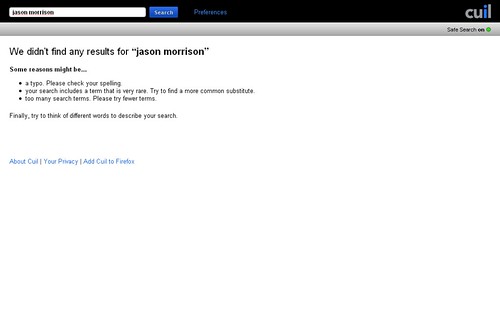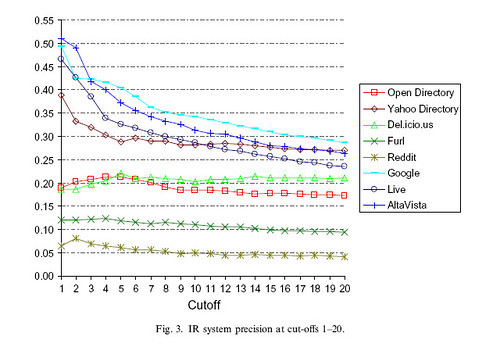![]() In my Google Blog article about avoiding get-rich-quick scams, I recommended doing a web search to see what other people are saying about any site you’re unsure about. The internet is a big place – chances are if it’s a scam, someone else has already fallen for it and they’re already complaining on their blog or in a forum somewhere.
In my Google Blog article about avoiding get-rich-quick scams, I recommended doing a web search to see what other people are saying about any site you’re unsure about. The internet is a big place – chances are if it’s a scam, someone else has already fallen for it and they’re already complaining on their blog or in a forum somewhere.
The only problem with doing a general web search is that not every site on the web is guaranteed to have good information. Some forums are more useful than others, and in the worst cases scammers and spammers spend lots of time trying to get their stuff in the index too.
So, I’ve created something to make it a little easier: a Google Custom Search Engine called Is This A Scam?
Wondering about a home business proposition? Drop a query here. Does your uncle keep falling for pyramid schemes? Send him this link and make him promise to search before he writes the next check.
Custom Search Engines are very useful and are incredibly easy to create. You can create one for your site, or one covering many sites under a certain topic, and you can even make money via AdSense For Search.
This particular search engine works well because I combed the web looking for high-quality sources of information about scams, fraud, snake oil, and consumer protection. The list well over 100 sites, including forums, blogs, news media, government agencies, and non-profit organizations. I’ll post the list here when I get chance.
If you’d like to volunteer to help out with this effort contact me. By the way, this isn’t an official Google product or service, just me in my free time using Google’s great CSE system, so the standard disclaimer applies.
Got bad results? No results? Have you seen a page in the results that has no business being there? Let me know in the comments below.

